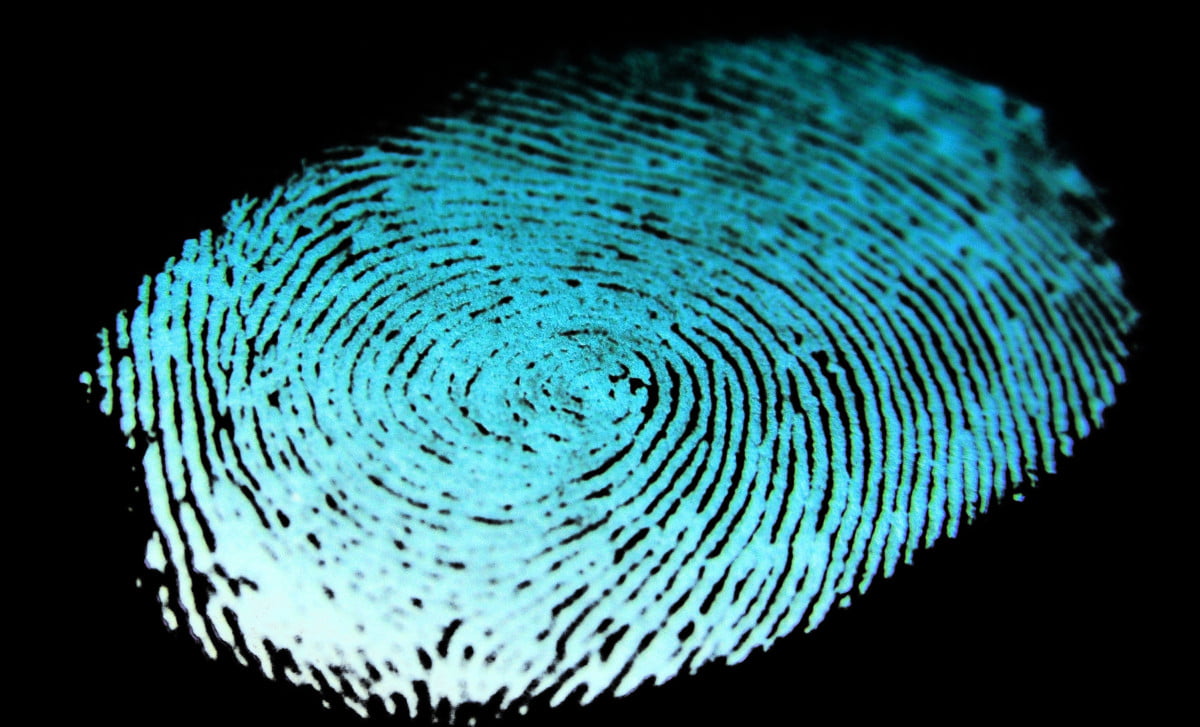Do the rules of privacy apply to the deceased? Can their fingerprints be used to unlock iPhones? Is that legal?

Many feel that using the fingerprints of the recently deceased to unlock their iPhones to gather more evidence is a legal process. The police are following this technique. The same technique could easily extend to the iPhone X as well. They can do the same with faces to access a deceased person’s, iPhone X.
The first case
The first reported case that followed this process first emerged in 2016. When Somali-born student Abdul Razak Ali Artan went on a stabbing spree at Ohio University and was eventually shot dead, his bloodied fingertips (the index finger in this case) were used by the FBI to unlock his iPhone. Unfortunately for the team, this didn’t seem to work. The locked phone could not be unlocked.
ALSO READ: Algorithm tool to quickly catch sex predators developed
This was because in the hours between his death and the attempt to unlock, when the feds had to go through legal processes regarding access to the smartphone, the iPhone had gone to sleep and when reopened required a passcode.
The iPhone, now in evidence, had to be sent down to forensics, and the information was eventually extracted. The data collected, connected Artan’s attempt to kill innocents to the ISIS.
What is the science behind it?
Experts claim that the longer a person has been dead, the more difficult it gets to unlock their phone using their fingerprint. This is because, on most smartphones, fingerprint identification works through electrical conductance.
The electricity that escapes your fingertips when the weather is exceptionally dry is generated by our body. Capacitors, the tiny devices that store this electrical charge from our body do so basis how much the ridges and the valleys (the patterns that help form a detailed fingerprint) are getting through.
The same electrical charge reduces the longer a person is dead, and barely interacts with the scanner on the phone. This explains why when a person is deceased, the fingerprint is dead too. The Face ID, however, changes this.
What is the situation now?
Reportedly, now it’s relatively common for the fingerprints of the dead to be used in unlocking iPhones. Apple’s increasingly powerful encryption is not exactly hindering the process. Mostly, the process is used in cases of death due to overdose.
Is it legal?
As mentioned earlier and all ethical dilemmas aside, the process is legal. The dead can’t defend themselves and this holds true in this context: ‘they no longer have standing in court to assert privacy rights.’ The relatives of the deceased have little say in the matter. The cops, on the other hand, don’t require a search warrant to comb through the information on the deceased’s phone.
What about Face ID?
One step ahead of using the fingerprints, the police is now considering using Apple’s facial recognition technology in the iPhone X. This tech requires and uses a combination of eye movement but even photos of open eyes will do the trick. There are no reports on the Face ID being used on the deceased yet, but the way matter is taking shape this isn’t a distant possibility.
Face ID also does away with the need to scan the electrical charges coming off of the person’s fingertips.
Conclusion
There’s ethical dilemma, certain groups are jittery and some others anxious. This still doesn’t shadow the fact that the process is completely legal. There are no rules that apply as of now.

Forensic experts are trying to circumvent the technology for the sole purpose of finding answers. We shall wait to see what new innovations Apple decides to bring in its new product.
ALSO READ: Forget Fingerprint, Iris or Face Recognition- Now You Can Unlock A Device With Your Heart!









